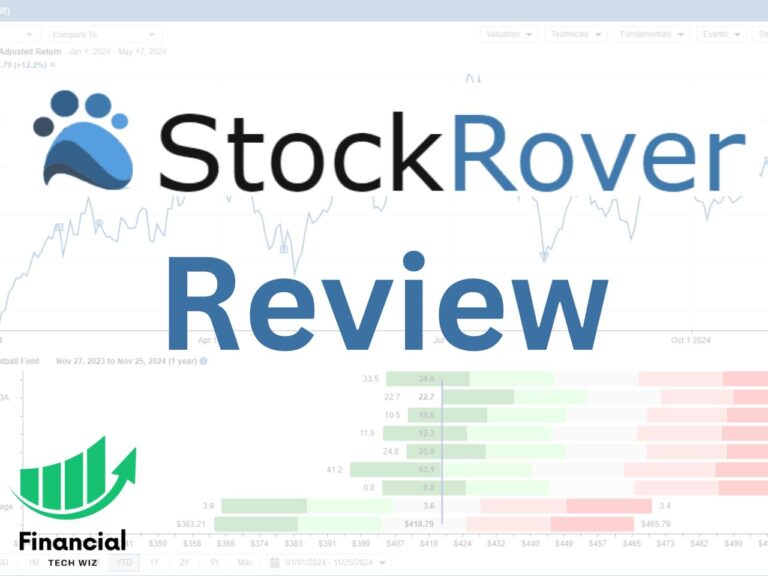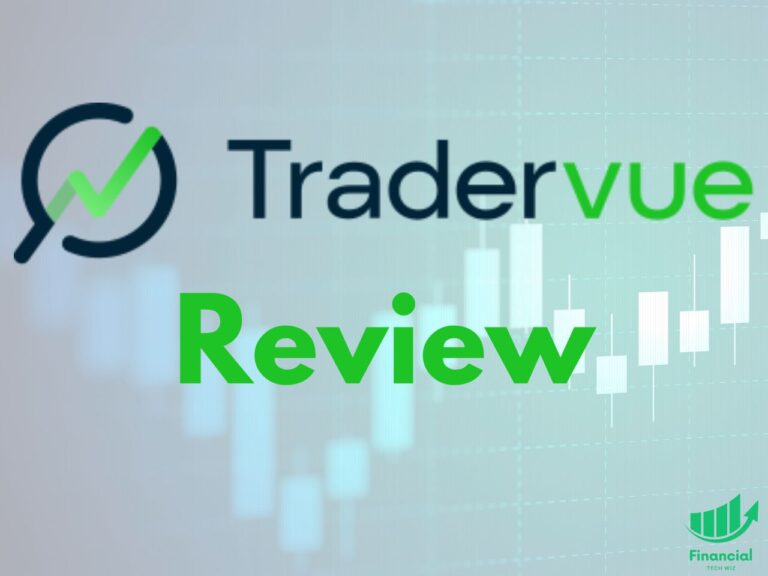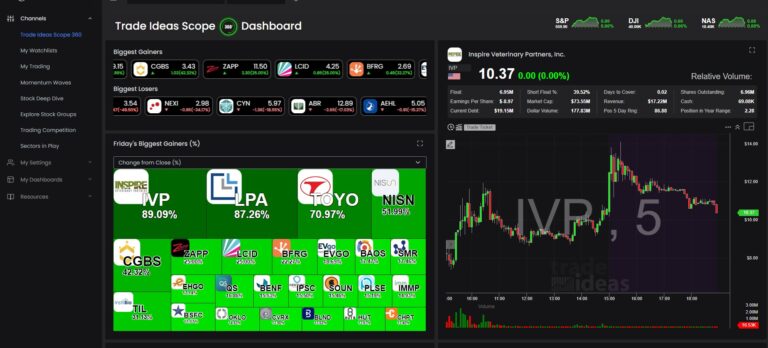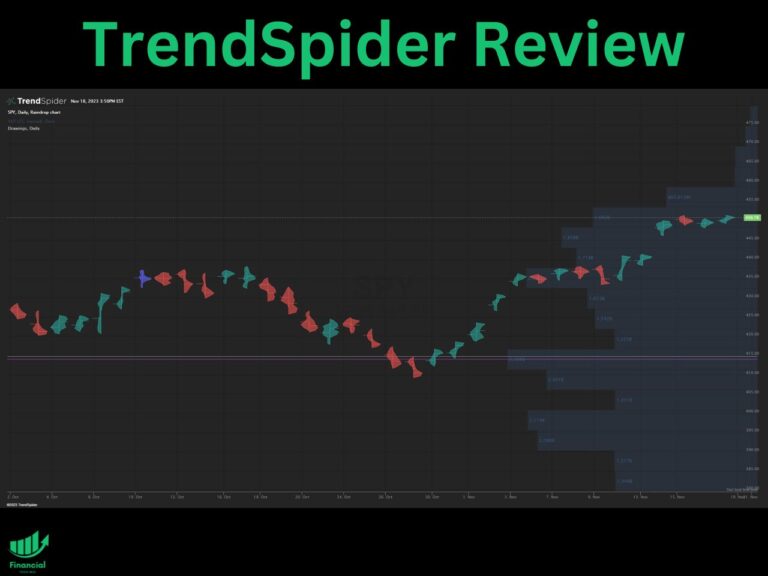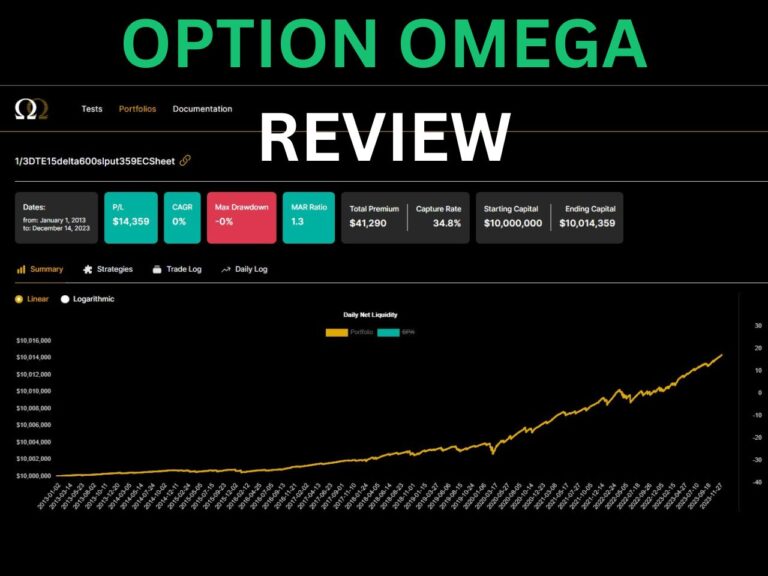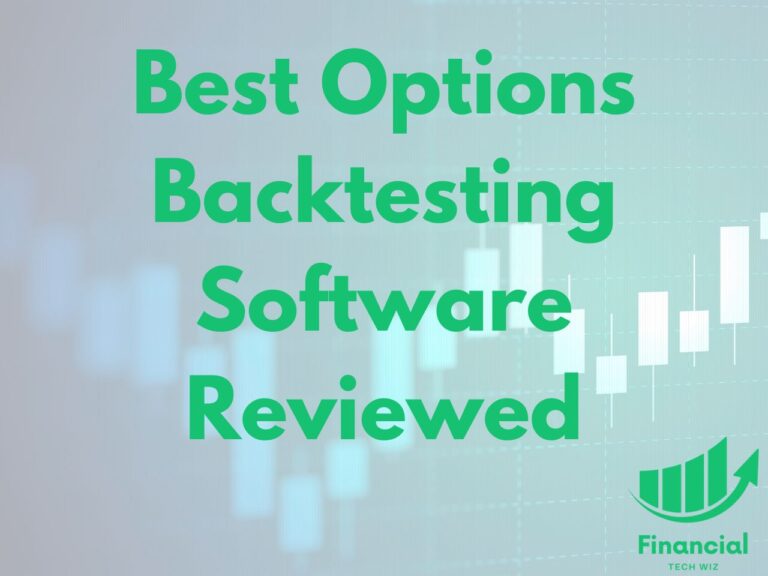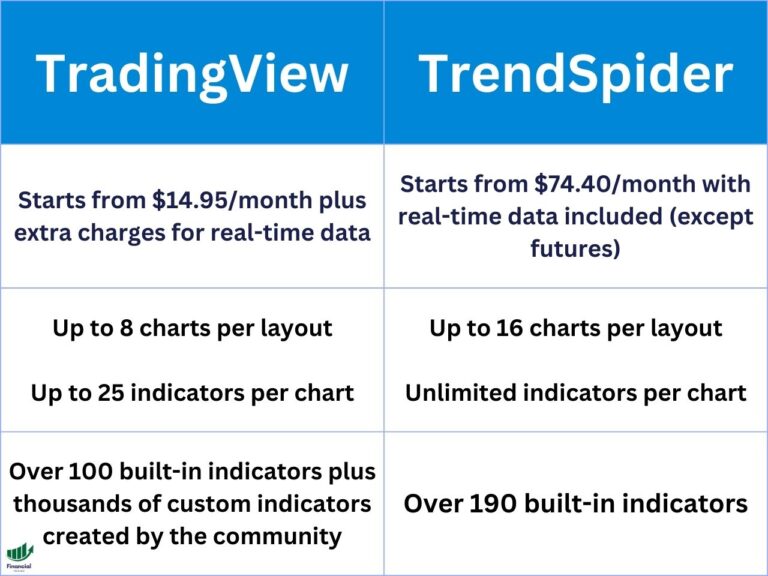Understanding the Different Types of Investors
Investment is an art and science, involving people and organizations working together towards their financial goals. Investors come in all forms. They all possess different strategies, motivations and risk tolerance levels that must be understood before entering the investment world as either an aspiring investor or professional looking for their target audience. In this blog, we will look at some of these types of investors to demystify this complex world of investing.
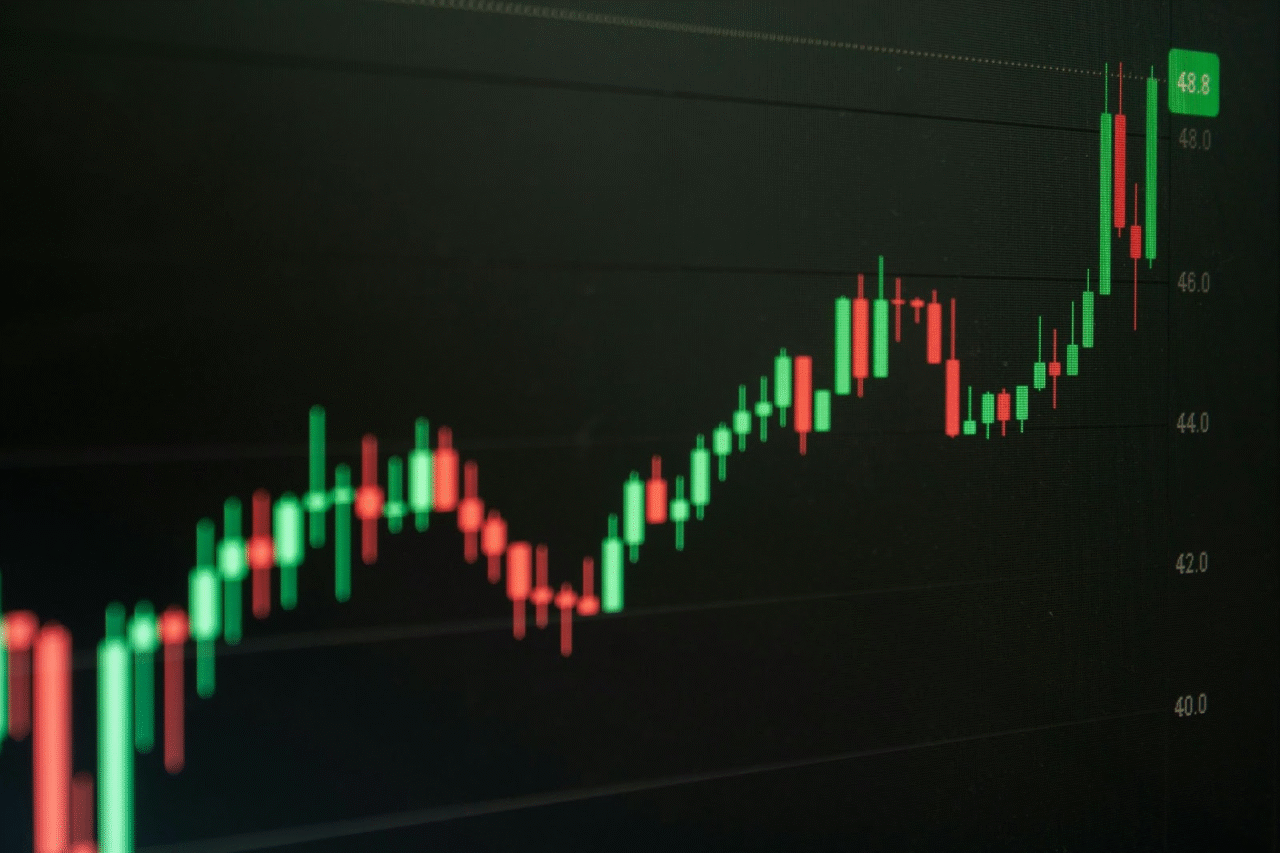
Retail Investors
Retail or individual investors refers to the everyday people participating in stock markets, real estate investments, mutual funds or other investment vehicles such as 401(k).
Characteristics:
- Limited capital compared to large institutions.
- Many investors invest with medium- or long-term goals in mind, like purchasing a house or saving for retirement.
- They commonly rely on financial advisors, robo-advisors or self-education to make decisions when investing.
Retail investors typically lack the leverage available to institutional investors, but online investing platforms and apps have given this group amazing access to financial markets, thus democratizing the financial systems.
Institutional Investors
Institutional investors are the big hitters, managing massive sums on behalf of others. This category encompasses entities like pension funds, insurance companies, endowments, hedge funds and mutual funds. They also exert immense influence within financial markets and often make up for the most trading volumes.
Characteristics:
- Large pools of capital create a lot of market influence.
- Their access to advanced tools, research, and financial products that retail investors do not have.
- Their decisions tend to be guided by objective analysis rather than personal feelings.
Institutional investors’ size allows them to access exclusive opportunities, like private equity investments or large real estate projects, that then also strengthens their market dominance.
Speculators
Speculators are the adrenaline junkies of the financial world. Unlike traditional investors, speculators “run” on high-risk, high-reward situations like trading volatile stocks, cryptocurrencies or futures contracts for big returns.
Characteristics:
- Focus on short-term price movements to generate rapid profits.
- Keep risk tolerance and financial agility in mind at all times.
- Speculators often rely on strategies like leverage or margin trading for their profit.
While their role as price discovery agents and liquidity providers is sometimes discredited as gambling, their role is undeniably very important for broader market functioning.
Angel Investors
Angel investors are people or groups who give early stage startups the financial backing in exchange for equity ownership, taking high risks with the hope that the companies they invest in succeed.
Characteristics:
- Investors typically invest their own funds, unlike venture capital funds.
- They tend to favor startups that possess strong growth potential.
- They mentor and provide networking opportunities to young entrepreneurs.
Angel investors have provided young businesses with much-needed funding. Steve Jobs and Elon Musk both owe much of their success to early stage backers who believed in their visions.
Venture Capitalists (VCs)
Venture capitalists (VCs) are firms or people who give startups and scalable businesses the funding on an active, profit-focused approach. Unlike angel investors, they may use pooled funds from multiple investors as investments in high-potential ventures.
Characteristics:
- Invest during later stages after early product-market fit is established.
- Tend to negotiate for board seats and decision-making authority.
- Looking for high returns over a relatively short time frame, typically under 10 years.
Venture capitalists search “for unicorns” to invest in, making them industry visionaries in their respective sectors (like Shark Tank).
Passive Investors
Passive investors are experts at “buy and hold” investing. They tend to favor index funds, ETFs or similar low maintenance vehicles that mimic market performance over time.
Characteristics:
- Low trading frequency with an emphasis on minimizing fees and taxes as part of their investment portfolio strategy.
- Rely on long-term market growth over short-term speculation.
- Aim for diversified portfolios to reduce risk.
Their patient approach stands in stark contrast to those looking for quick wins, showing that patience truly can pay off.
Impact Investors
Impact investors are a form of investor, who looks out for ventures with positive social or environmental outcomes while remaining profitable.
Characteristics:
- Sustainable investments that are focused on renewable energy, education and ethical businesses.
- Looking for a blend of financial and non-financial returns.
- Popular among younger generations that value conscious capitalism.
Impact investing proves that it doesn’t require forgoing profitability to make a positive difference in the world, bringing together idealism with practicality.

Conclusion
Investors represent the diversity of the financial world. Ranging from cautious retail investors to aggressive speculators, each type of investor plays an important role in driving the economic expansion and spurring innovation. Gaining insight into different investment philosophies as well as knowing how best to go through an increasingly complex financial environment are very important parts of the success strategy in an increasingly complicated financial system.
Get Your Free Trading Resources
Grab the free trading journal template plus the same tools we use to stay organized, consistent, and objective.
- Free trading journal template
- Custom indicators, watchlists, and scanners
- Access our free trading community
Enter your email below to get instant access.
No spam. Unsubscribe anytime.

